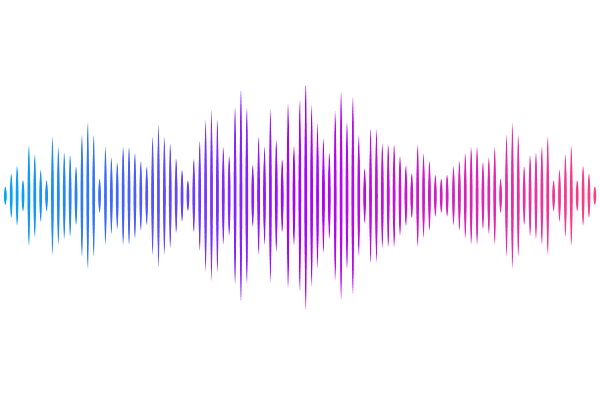Bayesian frequency estimation at the fundamental quantum limit

Bayesian frequency estimation at the fundamental quantum limit
James W. Gardner, Tuvia Gefen, Ethan Payne, Su Direkci, Sander M. Vermeulen, Simon A. Haine, Joseph J. Hope, Lee McCuller, Yanbei Chen
AbstractSearching for a weak signal at an unknown frequency is a canonical task in experiments probing fundamental physics such as gravitational-wave observatories and ultra-light dark matter haloscopes. These state-of-the-art sensors are limited by quantum noise arising from the fundamental uncertainty about the state of the device. Classically, frequency estimation suffers from a threshold effect in the signal-to-noise ratio such that weak signals are extremely hard to localise in frequency. We show that this phenomenon persists at the fundamental quantum limit but that the classical approach, a quadrature measurement, can nevertheless be beaten by a coherent protocol of projecting onto the "quantum whitened" possible quantum states. Quantum whitening is a covariant measurement, and we examine it analytically in the wide-prior limit and numerically for finite-width priors. Beyond accelerating searches for unknown frequencies, quantum whitening may be used generally to sense the parameter of a unitary encoding given no prior information about the parameter.